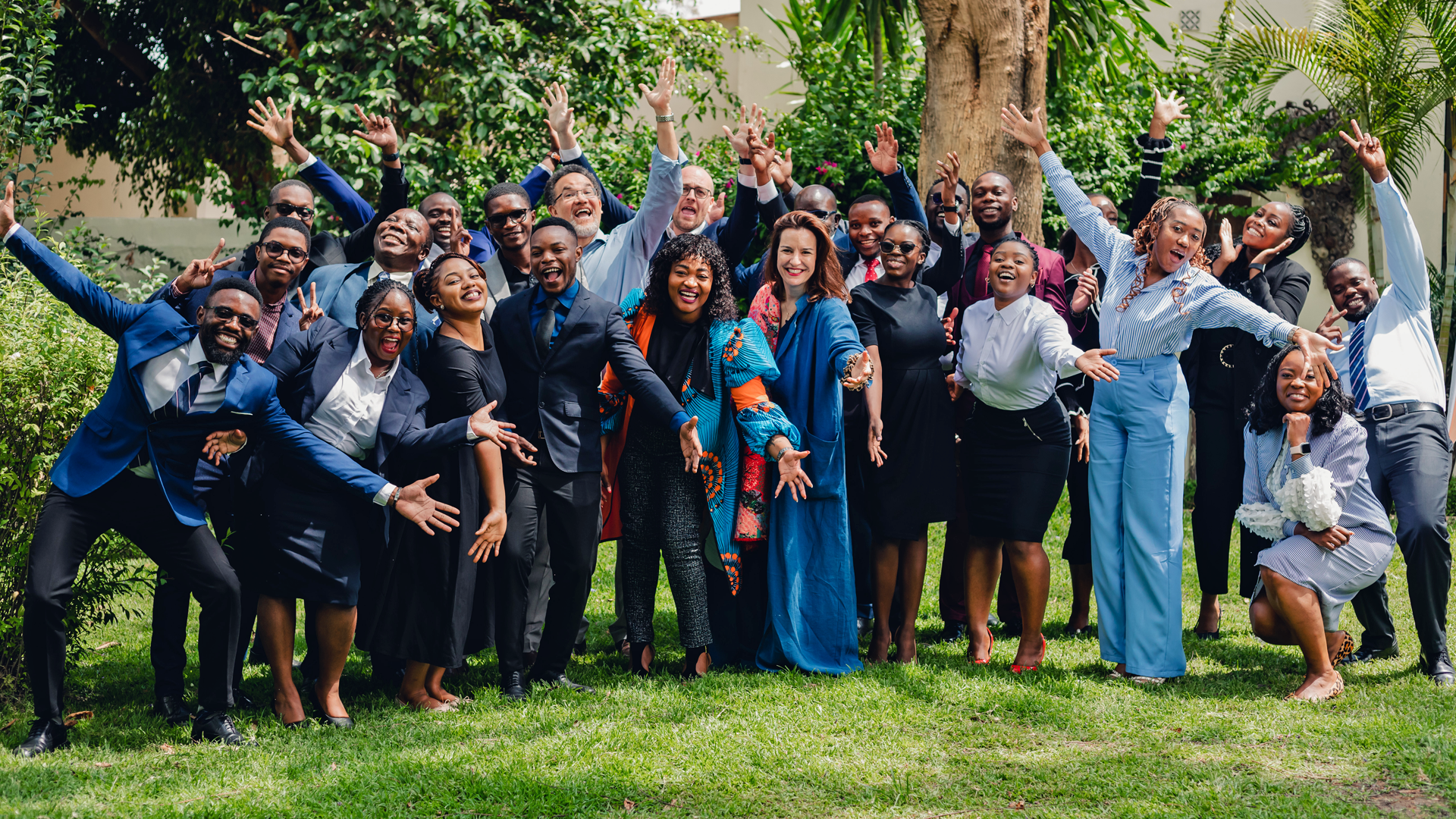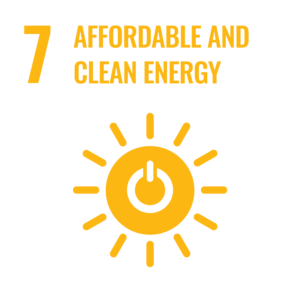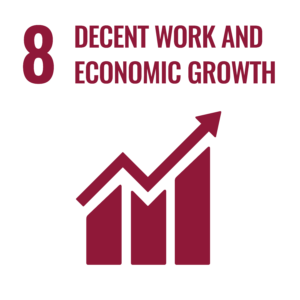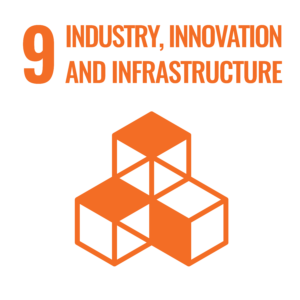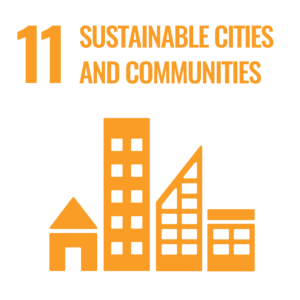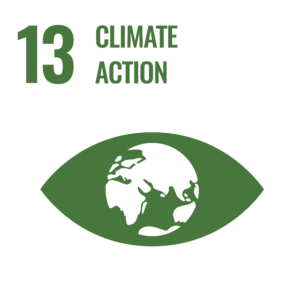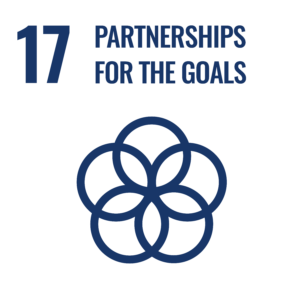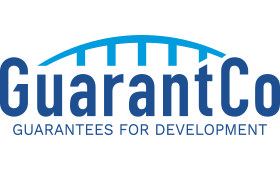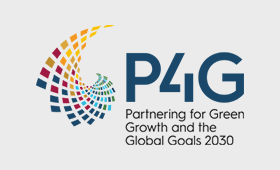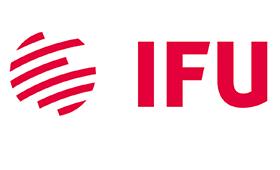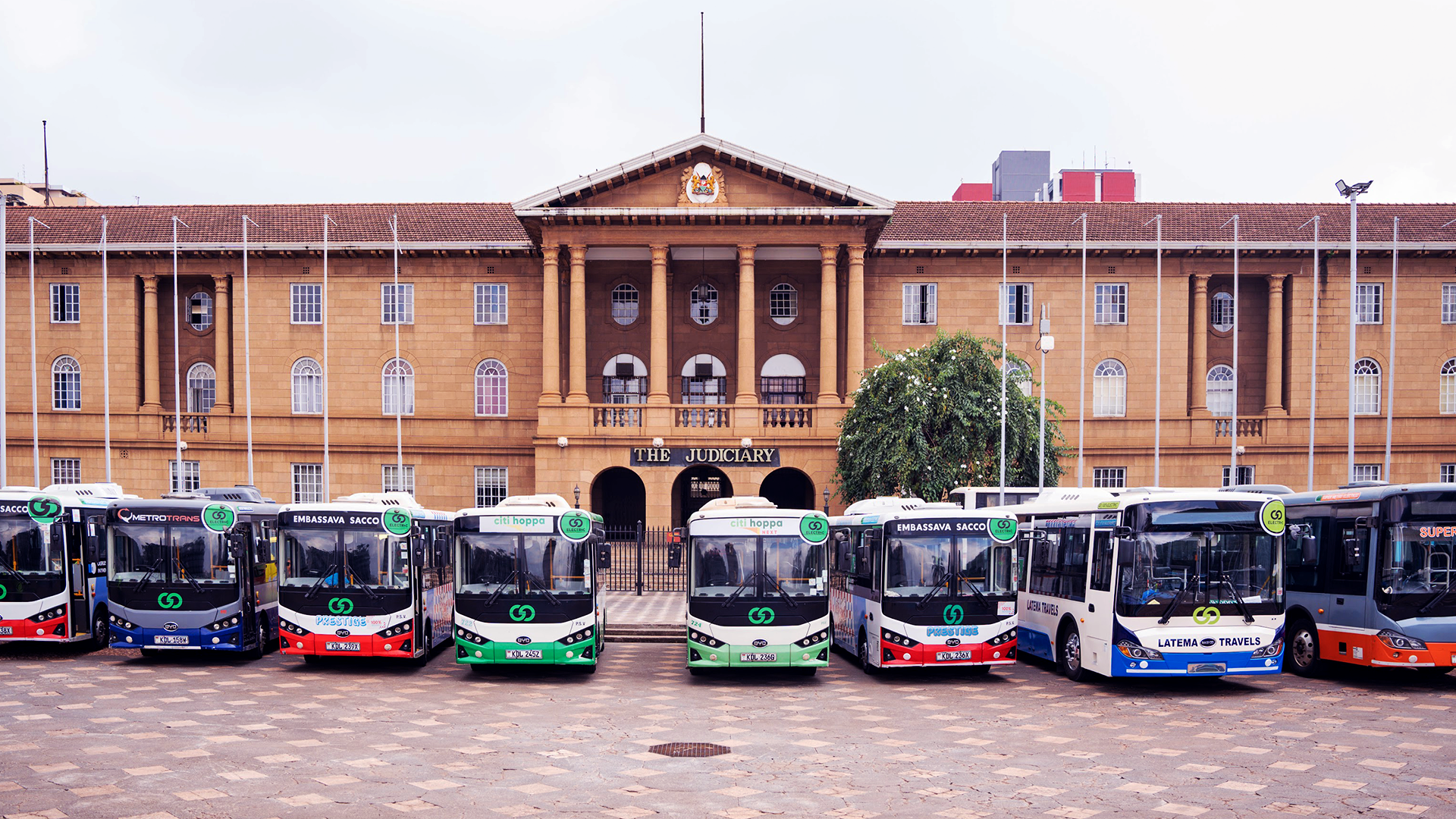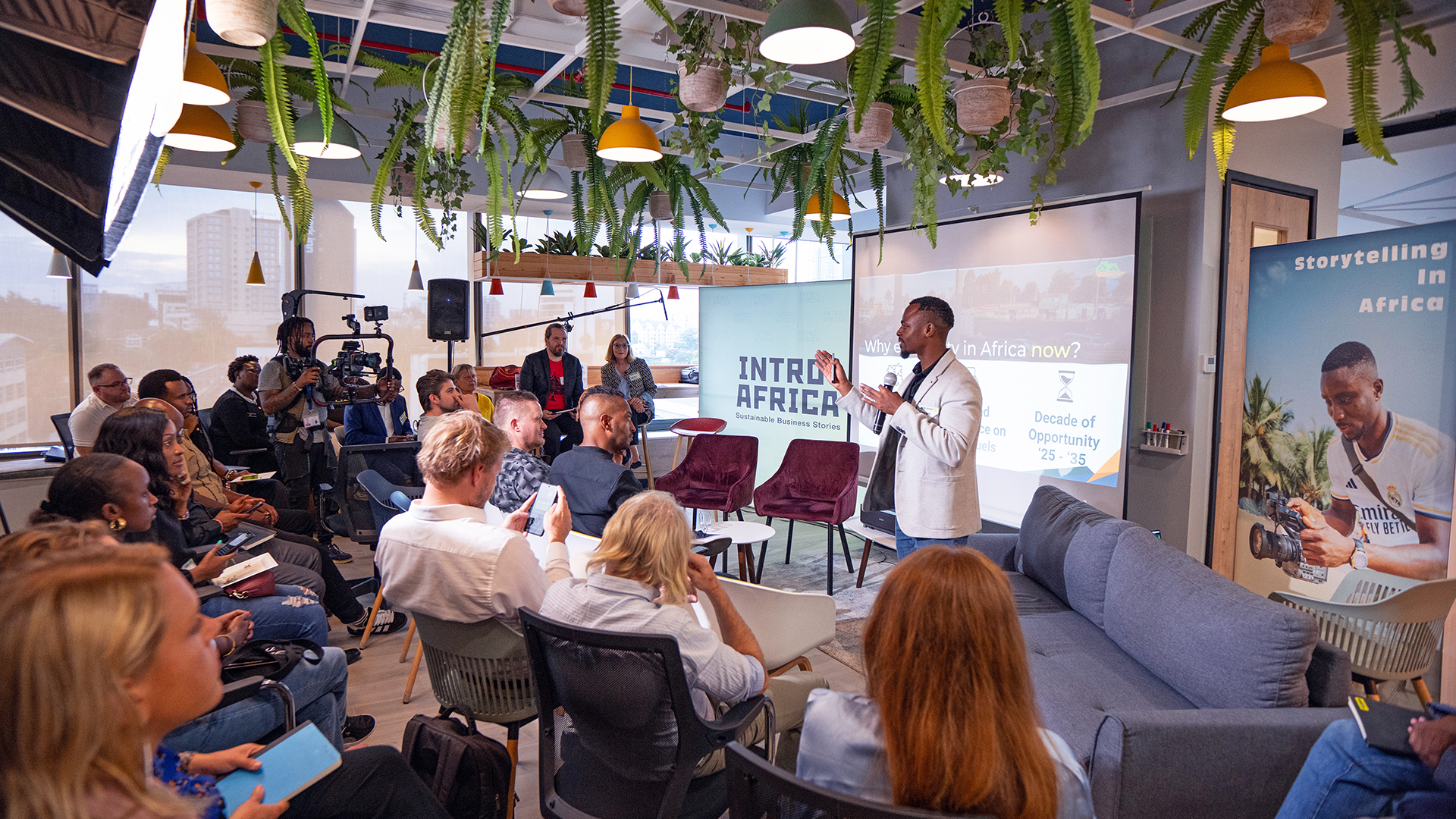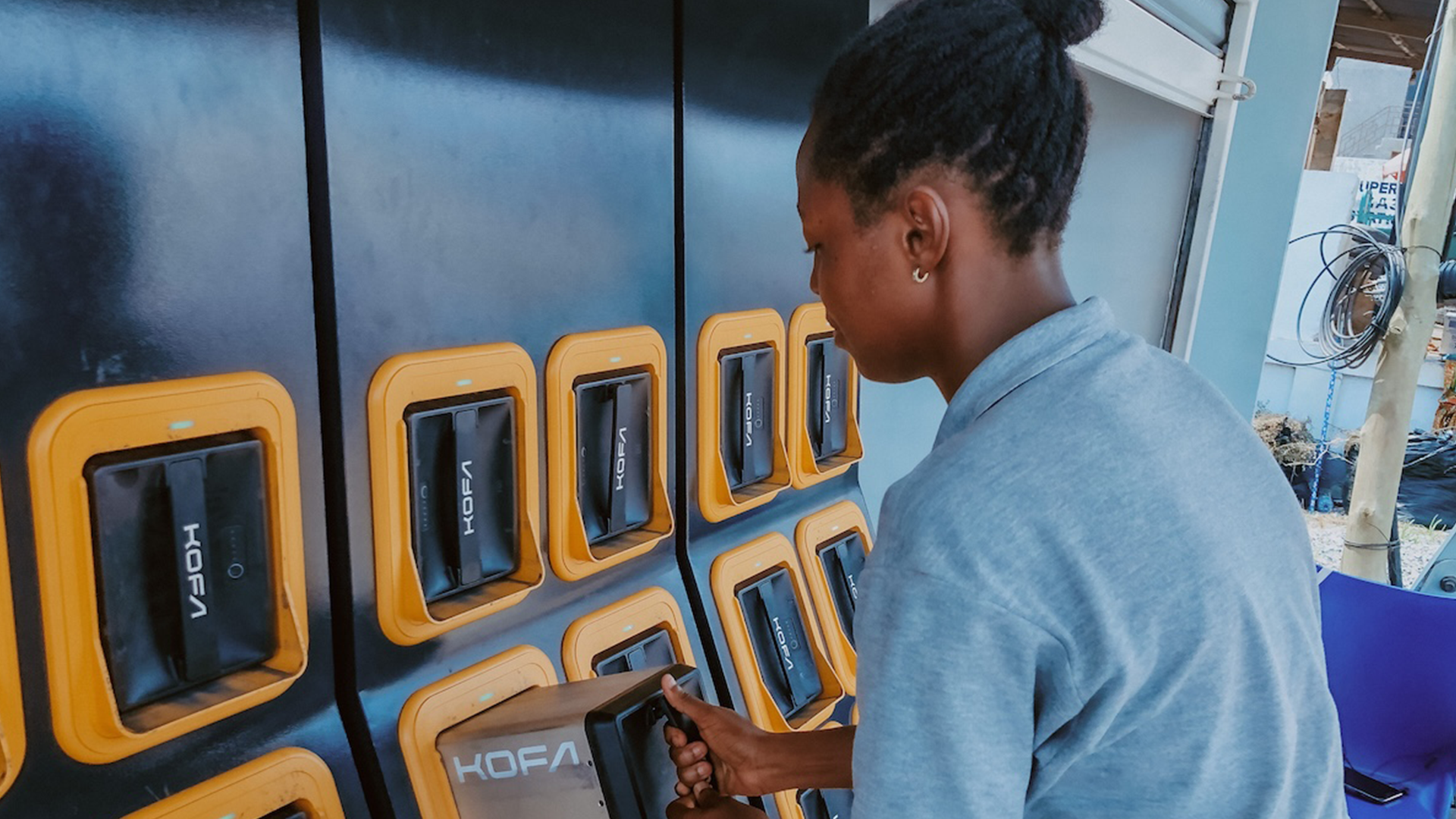How Regulation is Driving Africa’s Electric Mobility Shift
The energy crisis in Zambia and across Southern Africa presents a clear investment opportunity.
Ana Hajduka is the founder and CEO of Africa GreenCo. Ms. Hadjuka is an infrastructure and energy consultant and has recently launched Africa GreenCo in order to streamline the development and mitigate risk for large-scale regional renewable energy development in Southern Africa. She holds a MSc in International History and Relations from the London School of Economics and is qualified as a lawyer in both England and the State of New York.
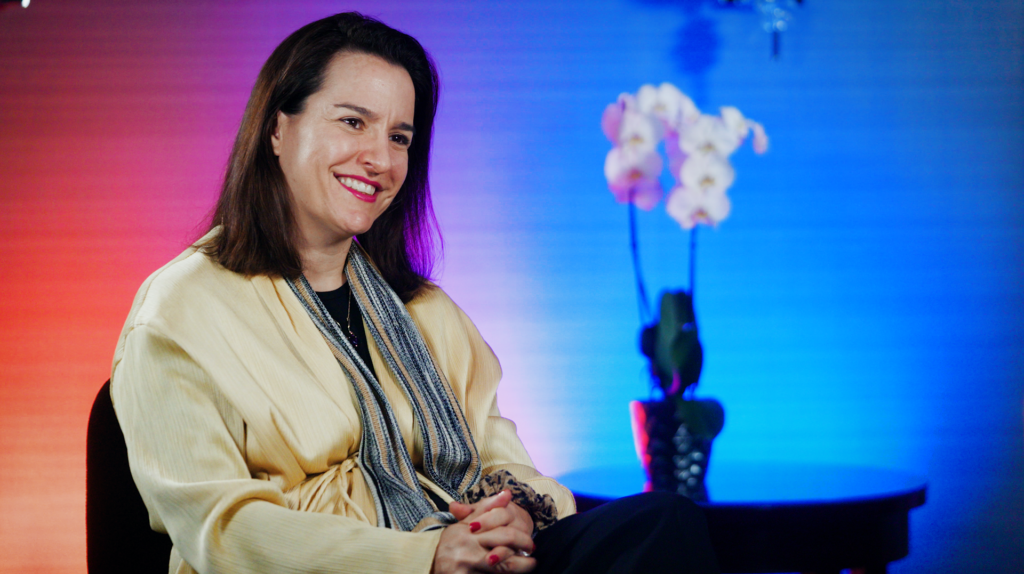
IA: Can you tell us about the situation with the electricity blackouts connected with climate change in Zambia?
ANA: Zambia is currently facing a severe energy crisis, which is exacerbated by climate change. The country’s dependence on hydroelectric power, particularly from the Zambezi River, has been challenged by fluctuating water levels linked to changing climate patterns. This has led to frequent blackouts and power shortages. Outdated infrastructure and a lack of investment in new energy projects further complicate the situation. These challenges are particularly damaging to Zambia’s economic growth, as they affect industries, households, and key sectors like mining, which relies heavily on a stable power supply. The energy shortfall undermines Zambia’s goals to increase copper production and drive economic expansion.

IA: Why do you see this as an investment opportunity to scale up renewable energy generation in the region?
ANA: The energy crisis in Zambia and across Southern Africa presents a clear investment opportunity. With renewable energy sources, such as solar and wind, offering sustainable alternatives to traditional hydropower, the region can diversify its energy mix, reduce its vulnerability to climate change, and stabilize power supply. GreenCo sees this as an opportunity to lead the way in scaling renewable energy projects that are not only environmentally friendly but also economically viable. By leveraging private sector investment and creating market-driven solutions, we can help bridge the energy gap, unlock economic growth, and drive the clean energy transition across the region. Zambia’s adoption of the open access regime for electricity transmission has created an even more attractive environment for private sector participation in the energy market, opening the door to broader investment opportunities.
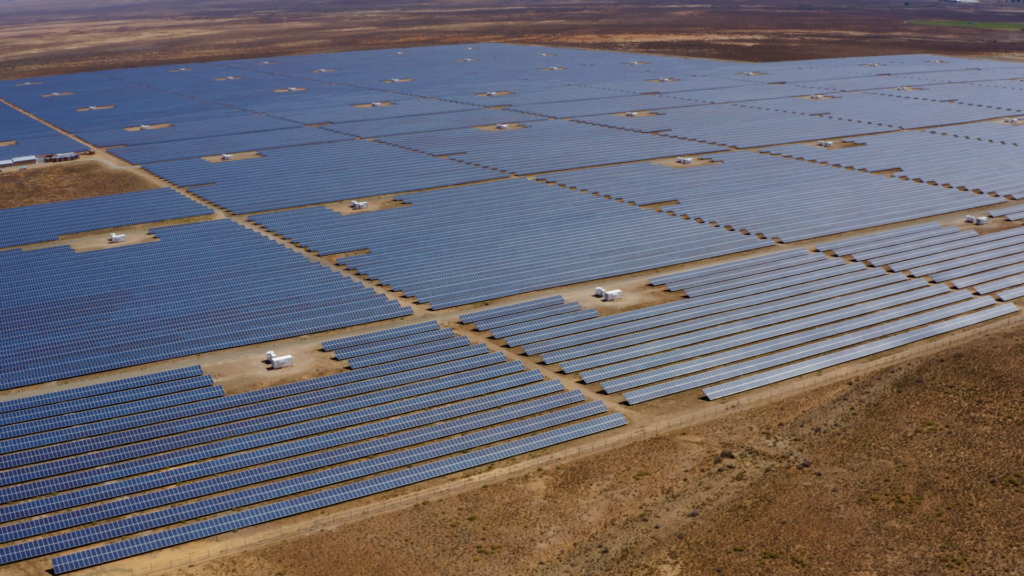
IA: How is this linked to critical minerals?
ANA: Africa is rich in critical minerals like cobalt, manganese, and platinum group metals, which are essential for the global clean energy transition, including electric vehicles and renewable energy technologies. Zambia, in particular, is home to significant reserves of copper, which is key for renewable energy infrastructure, such as solar panels and batteries. The energy transition in Africa is not just about renewable generation—it’s also about securing these critical minerals for sustainable development. GreenCo is positioned to benefit from this synergy by supporting investments that not only enhance energy security through renewables but also support the broader value chain of energy transformation. By investing in renewable energy, we’re helping to ensure the region plays a key role in powering the global clean energy revolution, while also driving local economic development through the mining of these essential minerals.
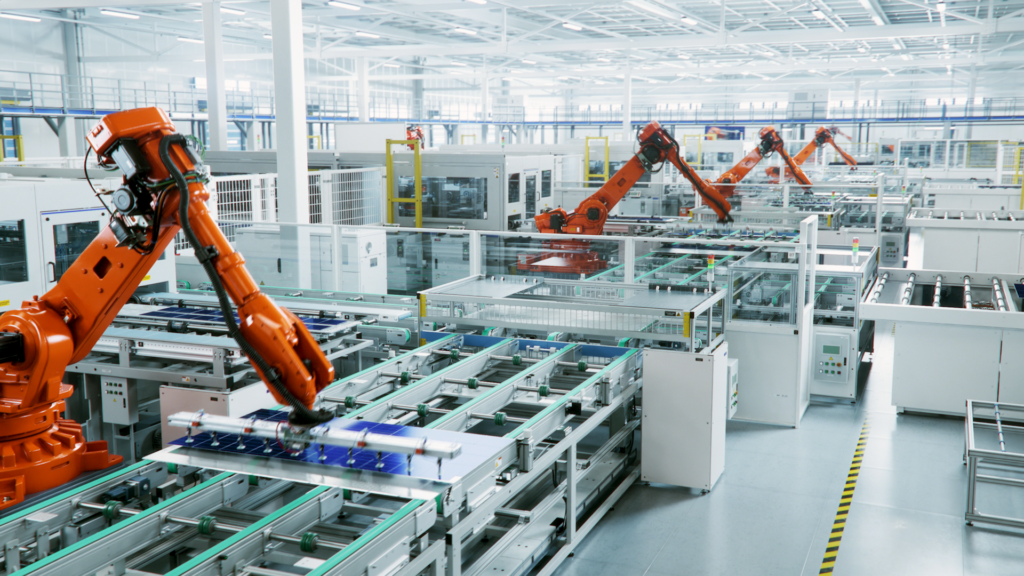
IA: How has Africa GreenCo set out to be an enabler to secure more stable and reliable power in the Southern African region going forward?
ANA: GreenCo has positioned itself as a critical enabler in the Southern African region by acting as a regional buyer and trader of renewable energy. Our business model aims to solve the creditworthiness issues traditionally faced by independent power producers (IPPs), thus improving the bankability of new renewable energy projects. By connecting private capital with local energy projects, GreenCo helps mitigate risks for investors and energy producers, driving stable and reliable power generation. Through our active participation in the Southern African Power Pool (SAPP), we help balance supply risks and increase interconnectivity, which optimizes energy distribution across the region. Our holistic approach to energy trading, backed by financial guarantees from partners like GuarantCo, ensures a sustainable and efficient energy market that benefits businesses, households, and governments alike.
IA: What role does the Southern African Power Pool (SAPP) play?
ANA: The Southern African Power Pool (SAPP) plays a crucial role in creating a more integrated, reliable, and competitive energy market across Southern Africa. By connecting countries through shared energy infrastructure, the SAPP enables cross-border power trading, allowing regions facing energy shortages to source power from neighboring countries with surplus capacity. For GreenCo, the SAPP provides access to a broader, more stable energy market, which helps balance supply and demand and reduces the risk of power shortages. As a member of the SAPP, GreenCo is able to import and export electricity, which not only supports Zambia’s energy needs but also strengthens regional energy security, facilitating a more sustainable energy future for the entire Southern African region.
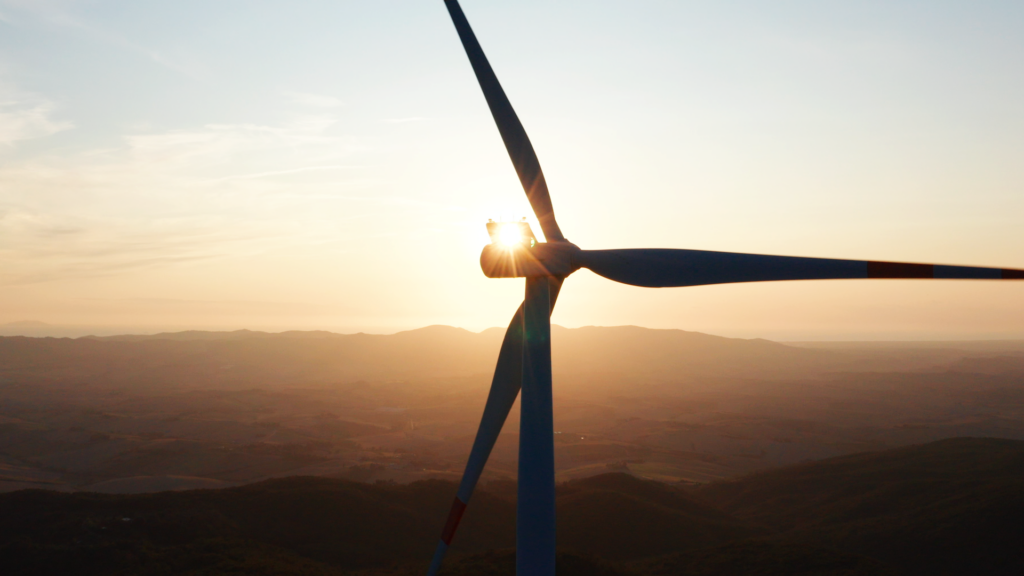
IA: What role can investors play?
ANA: Investors have a critical role in driving Africa’s clean energy future. They can support the development of renewable energy projects by providing much-needed capital and financing solutions, thus enabling the scaling of energy infrastructure and the diversification of the energy mix. For GreenCo, investors are key partners in mobilizing funds for large-scale renewable energy projects and ensuring the bankability of these initiatives. Through investment, they contribute to mitigating risks associated with energy supply, improving the sustainability of power markets, and helping the region meet its energy demand. In turn, investors have the opportunity to capitalize on the growing demand for clean, reliable energy in Africa, while contributing to global decarbonization targets and fostering economic growth in Southern Africa.
IA: Why do you believe the African voice is important at this time? And what do you believe is the driver of change?
ANA: The African voice is vital in shaping the global energy discourse, particularly at a time when the continent is increasingly recognized as a key player in the clean energy transition. Africa holds 40% of the world’s reserves of critical minerals and is well-positioned to lead the charge in renewable energy generation. The driver of change is Africa’s immense untapped potential—its natural resources, youthful population, and the urgent need for sustainable development. African countries must harness their resources, such as solar, wind, and critical minerals, to secure their own energy future and drive global decarbonization. The African perspective is important because it emphasizes the need for policies and investments that benefit the continent and the world, ensuring that Africa is not just a supplier of resources, but an integral part of the clean energy value chain.
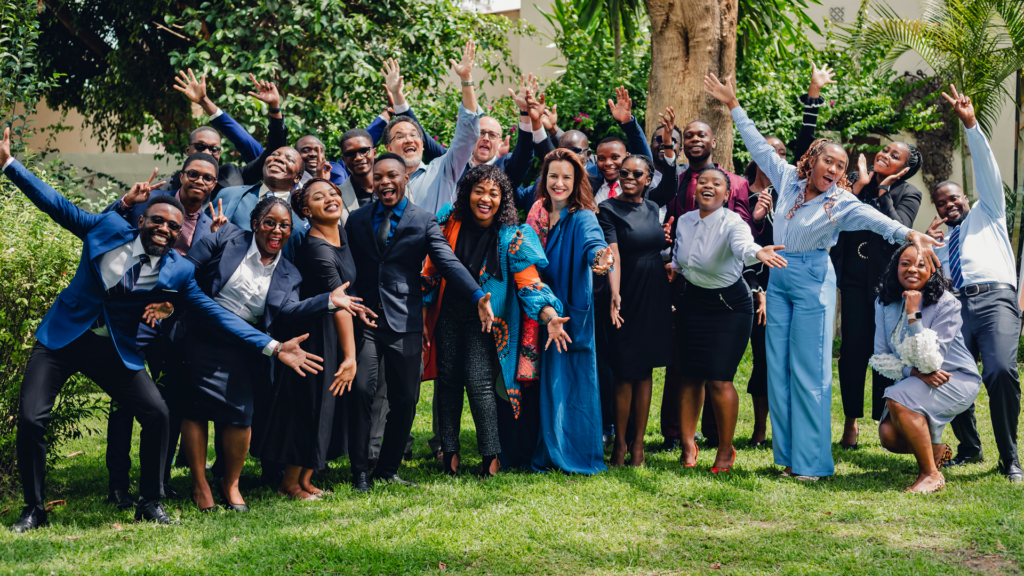
IA: What is your vision going forward?
ANA: Our vision at GreenCo is to reshape Africa’s energy narrative by driving the continent’s transition to renewable energy. We aim to create a transparent, reliable, and sustainable energy market that powers industries, supports communities, and drives economic growth. As the regional buyer and trader of renewable energy, GreenCo is committed to increasing energy access, attracting private sector investment, and supporting the integration of renewable energy into Africa’s power grid. Our vision includes expanding our reach across the Southern African region, particularly in countries like Zimbabwe, Namibia, and South Africa, and playing a pivotal role in the continent’s clean energy transformation. Ultimately, we want to ensure that Africa becomes a global leader in the renewable energy space, leveraging its vast resources to power both its own future and the world’s.
